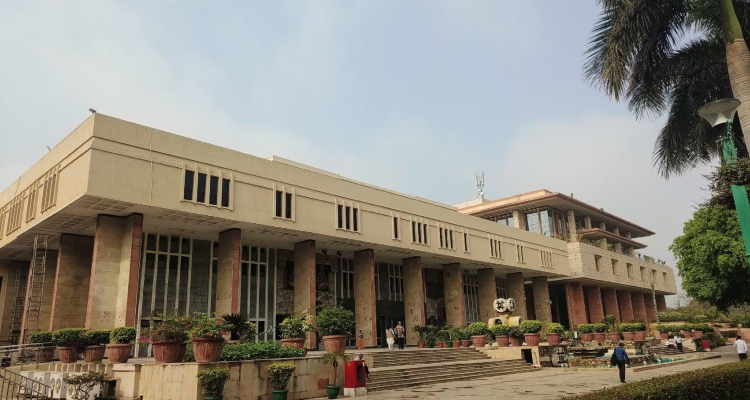
The Delhi High Court has sought responses from Central Sanskrit University (CSU), formerly Rashtriya Sanskrit Sansthan, and other respondents regarding a plea filed by a group of Assistant Librarians.
The petition challenges the re-designation of their posts, denial of rightful pay scales, and undermining of their professional status.
The petitioners, appointed as Assistant Librarians (Group B) in 2009 and 2011, argue that their roles were unjustly reclassified as “Professional Assistants” under revised university bye-laws in 2018. This decision was reversed in November 2024 when CSU restored their titles to “Assistant Librarian (non-teaching)” but retained their original Pay Level 6—unchanged despite 13-15 years of service.
Represented by Advocates Abhishek Singh and Bhaskar Joshi, the petitioners contend that this restoration at the same pay level is arbitrary and fails to recognize their years of experience and higher responsibilities. They argue that the Executive Council’s decision violates University Grants Commission (UGC) norms and adversely affects their professional standing.
The plea highlights that the re-designation to “Professional Assistants” was not based on UGC guidelines and that CSU does not officially have a “non-teaching Assistant Librarian” position. It also alleges that retroactive application of recruitment rules has led to the denial of fair pay and career progression, impacting their entitlements.
The petitioners seek the reinstatement of their status as “Assistant Librarians (Group A)” under UGC norms at Pay Level 10, along with arrears and other consequential benefits. They also demand that CSU implement recruitment and service rules transparently, ensuring adherence to UGC regulations.
Central Sanskrit University, the largest multi-campus language university globally, is dedicated to promoting Sanskrit education and culture. It serves as the nodal agency for implementing Sanskrit-related policies under the supervision of the Ministry of Education.
The President of India serves as its Visitor, with the Union Minister of Education acting as its Chancellor.
The High Court’s intervention in this matter underscores the need for transparent governance in educational institutions and equitable recognition of employees’ professional contributions.




